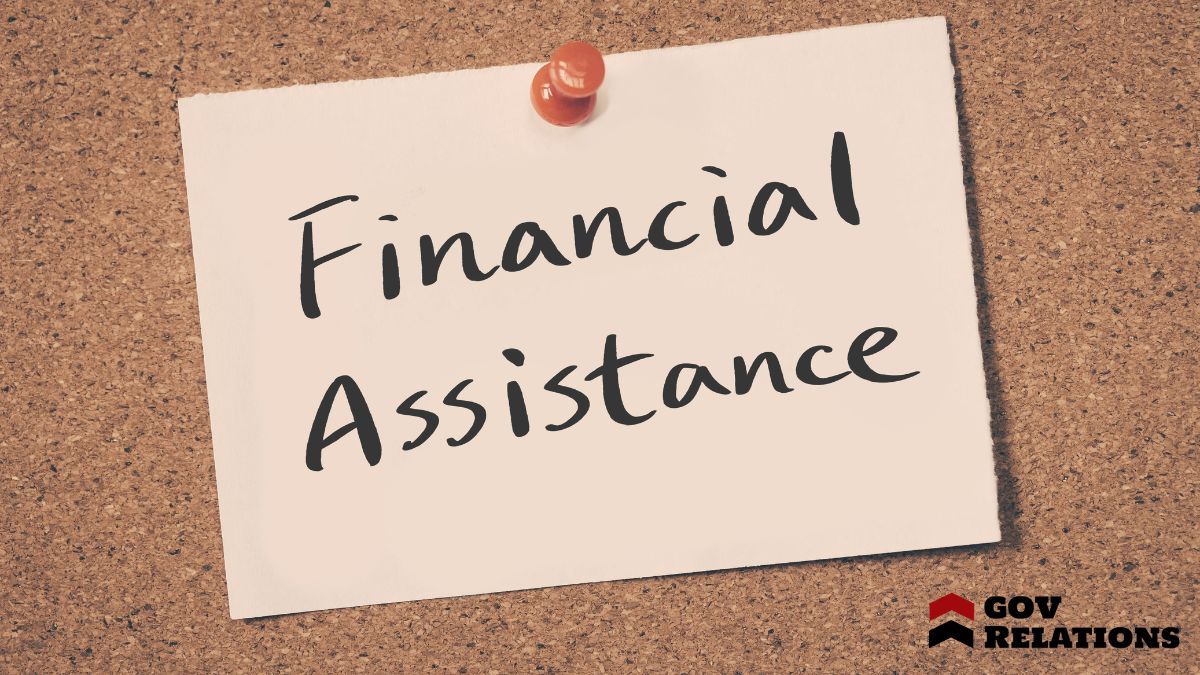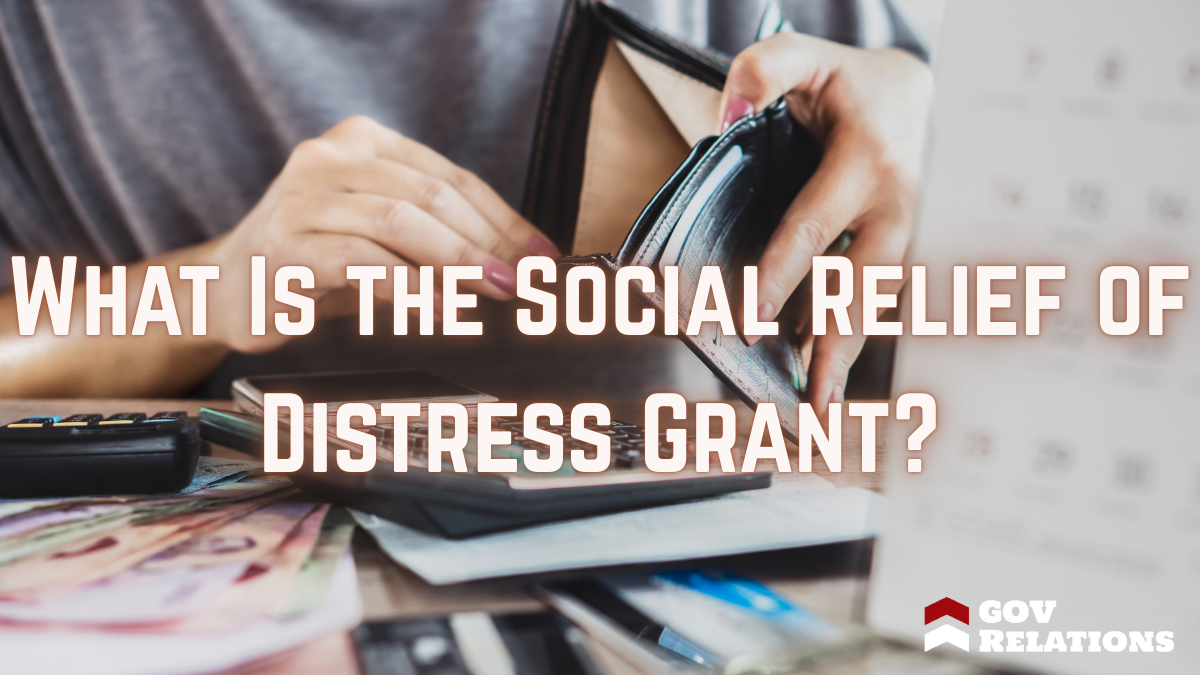When we're let go from a job due to misconduct, it’s natural to wonder about our eligibility for unemployment benefits. Misconduct, often seen as intentional or reckless actions against company rules, can disqualify us. But what exactly counts as misconduct, and how does it impact our chances of receiving benefits? Let's explore these questions and consider how we might challenge a denial, ensuring we comprehend our rights and options.
Key Takeaways
- Misconduct typically disqualifies individuals from receiving unemployment benefits due to intentional or reckless behavior violating company policies.
- Each state has specific guidelines defining misconduct and its impact on unemployment eligibility.
- Not all mistakes are considered misconduct; deliberate disregard for the employer's interests is crucial.
- Individuals denied benefits can file an appeal, presenting evidence against the misconduct claim.
- Legal assistance and reviewing company policies can aid in appealing a denial for misconduct-related terminations.
Understanding Unemployment Benefits

When it comes to understanding unemployment benefits, it's vital we grasp what they are and how they function.
Unemployment benefits serve as temporary financial assistance for those of us who lose jobs through no fault of our own. They aim to provide stability while we search for new employment.
To qualify, we must meet specific eligibility requirements, including sufficient work history and active job search efforts. The benefits are typically calculated based on our previous earnings, offering a percentage of what we used to earn.
While the amount and duration can vary by state, understanding these benefits helps us navigate financial challenges during unemployment.
It's essential we maintain accurate records and comply with ongoing requirements to guarantee continued support until we find new work.
Defining Misconduct in the Workplace
Although we often assume our jobs are secure, it's crucial to understand what constitutes misconduct in the workplace, as it can directly impact our eligibility for unemployment benefits.
Misconduct generally involves intentional or reckless behavior that violates company policies or disrupts workplace harmony. This might include theft, dishonesty, or repeated violations of company rules.
It’s important to recognize that not all mistakes or errors in judgment qualify as misconduct. Misconduct typically requires a deliberate disregard for the employer’s interests.
As we navigate our careers, we need to be aware of our company’s specific policies to avoid actions that might be interpreted as misconduct. By adhering to workplace standards, we can safeguard our employment status and maintain our eligibility for unemployment benefits if the need arises.
Common Reasons for Termination Due to Misconduct
Let's explore some common reasons why employees might face termination due to misconduct.
Violating workplace rules, engaging in inappropriate behavior, and persistent absenteeism or tardiness are key factors employers consider.
Workplace Rule Violations
Despite the varied nature of workplaces, certain rule violations consistently lead to employee termination due to misconduct.
Let's consider a few examples that could result in such outcomesThe changes or benefits resulting from the project's activities, often categorized as short-term, in.... Failing to adhere to safety protocols is a major concern. When we neglect these rules, not only do we endanger ourselves, but we also risk the safety of our colleagues.
Another common violation involves attendance policies. Regular tardiness or unapproved absences can disrupt workflow and show a lack of commitment.
In addition, breaches of confidentiality can severely impact a company’s trust in its employees. Sharing sensitive information, whether intentional or accidental, can have severe repercussions.
Inappropriate Behavior Instances
While workplace rule violations often stem from procedural missteps, inappropriate behavior in the workplace can lead to even more immediate and severe consequences.
Whether it’s harassment, offensive language, or unprofessional conduct, these actions disrupt harmony and productivity. We’ve all seen how a single incident can affect morale and create a toxic environment.
It’s vital to understand that such behavior isn't just frowned upon—it can be grounds for termination. When employers identify these issues, they often act swiftly to protect their teams and uphold company standards.
If we find ourselves in this situation, it’s important to recognize the impact of our actions. Understanding these dynamics helps us navigate workplace expectations and maintain a respectful and cooperative atmosphere.
Absenteeism and Tardiness
When it comes to absenteeism and tardiness, employers often find these issues among the most common reasons for termination due to misconduct.
Consistent absence or lateness can disrupt workplace productivity and morale. Understanding how these behaviors affect employment is vital for us all.
Here’s why companies might view them as misconduct:
- Reliability: Frequent absences or tardiness can make us seem unreliable, causing employers to lose trust.
- Productivity: Our repeated absence may hinder team productivity, affecting overall performance.
- Fairness: Consistent tardiness may create resentment among colleagues who adhere to schedules.
- Operations: Regular absenteeism can disrupt daily operations, leading to inefficiencies.
How Misconduct Affects Unemployment Eligibility
Misconduct can greatly impact an individual's eligibility for unemployment benefits, often leading to disqualification. When we're fired for reasons classified as misconduct, like violating company policies or behaving dishonestly, it can mean we're not entitled to receive these benefits.
Misconduct isn't just about major infractions; even seemingly minor issues, like repeated tardiness or insubordination, might be classified in this manner. It’s essential for us to understand that each state has its own guidelines for what constitutes misconduct.
Generally, if our actions were intentional and harmful to our employer's interests, it could lead to denied benefits. By understanding these standards, we can better navigate the complexities of unemployment eligibility and take proactive steps to address any disputes about misconduct.
The Appeal Process for Denied Benefits
Understanding how misconduct can impact unemployment eligibility sets the stage for our next topic: the appeal process for denied benefits.
When we find ourselves denied, it's vital to know how to challenge the decision effectively. Let's break it down:
- Review the Denial Letter: Carefully read the letter to understand the reasons for denial. This helps us prepare our argument.
- File a Timely Appeal: Each state has specific deadlines for appeals. Missing them means losing our chance to contest the decision.
- Prepare for the Hearing: Gather all necessary documentation and be ready to explain our case clearly and concisely.
- Attend the Hearing: Participation is key. Be present, articulate our points, and respond to any questions confidently.
Following these steps improves our chances of a favorable outcome.
Gathering Evidence to Support Your Case
When building our case for unemployment benefits, we need to focus on gathering solid evidence.
This means documenting any workplace incidents, collecting statements from witnesses, and reviewing company policies.
Documenting Workplace Incidents
Although it might seem tedious at first, documenting workplace incidents is fundamental when building a case regarding unemployment benefits and alleged misconduct.
By keeping detailed records, we strengthen our position and guarantee clarity. Here’s how we can effectively document incidents:
- Date and Time: Always note when the incident occurred. This provides a timelineA schedule outlining the key activities, milestones, and deadlines throughout the project's duration... that can be essential.
- Detailed Description: Write a clear account of what happened, including all relevant details.
- Involved Parties: Identify anyone involved or who witnessed the incident. This information is crucial for verificationThe process of confirming the accuracy and authenticity of project activities, data, and reports..
- Supporting DocumentsAdditional materials included in the application package, such as resumes, letters of support, and p...: Gather any related emails, memos, or other documents that corroborate your account.
Collecting Witness Statements
To build a strong case regarding unemployment benefits and alleged misconduct, we must collect witness statements effectively. These statements can provide essential evidence and add credibility to our account.
First, let's identify individuals who directly observed the incidents in question. We should approach them respectfully, explaining why their input is crucial to our case.
When gathering statements, we’ll aim for clarity and detail. Encourage witnesses to describe what they saw or heard, specifying dates and times if possible.
Written statements carry weight, so we should ask witnesses to document their observations in writing.
Reviewing Company Policies
After gathering substantial witness statements, our next step is to closely examine the company's policies to bolster our case regarding unemployment benefits and alleged misconduct.
We'll focus on these key areas:
- Definitions of Misconduct: Understand how the company defines misconduct. This helps us evaluate whether the alleged actions truly fit the description.
- Disciplinary Procedures: Review the procedures the company must follow when dealing with misconduct. Were they adhered to in your case?
- Employee Handbook: Analyze the handbook for rules or guidelines that might support your position. Are there any inconsistencies?
- Previous Cases: Investigate how similar cases were handled in the past. This can provide insight into any possible biases or deviations.
Legal Assistance and Resources Available
When faced with the complexities of unemployment benefits and allegations of misconduct, finding reliable legal assistance can be essential. Managing this process alone can be overwhelming, but we don't have to go it alone.
There are resources designed to help us understand our rights and the steps we need to take. Legal aid organizations often offer free or low-cost services to those eligible, providing guidance tailored to our specific situation.
We can also consider consulting with employment lawyers who specialize in unemployment claims. They can help us interpret the laws and present our case effectively.
Additionally, reaching out to local bar associations can connect us with professionals who can offer advice. Let’s take advantage of these resources to guarantee we're well-equipped.
Alternative Options for Financial Assistance

Although unemployment benefits can provide some relief, they mightn't always cover all our financial needs.
Let's explore alternative options that can help us bridge the gap.
- Government Assistance Programs: We can apply for programs like SNAP (Supplemental Nutrition Assistance Program) or TANF (Temporary Assistance for Needy Families) to access food and basic necessities.
- Community Resources: Local charities and food banks often offer additional support. Checking with nearby organizations could lead to valuable aid.
- Job Placement Services: Many non-profits and government agencies provide free job placement services. They can connect us with new employment opportunities quickly.
- Skill Development Programs: Enrolling in free or low-cost courses to enhance our skills can increase our employability, opening doors to better job prospects.
These alternatives can supplement our income during tough times.
Conclusion
To sum up, if we're fired for misconduct, it may seem like unemployment benefits are out of reach. However, understanding the nuances of what constitutes misconduct and the appeals process can make a difference. Let's not forget to gather strong evidence and consider seeking legal assistance. By exploring all available resources and alternative financial options, we can better navigate this challenging situation together, ensuring we make informed decisions for our future.







